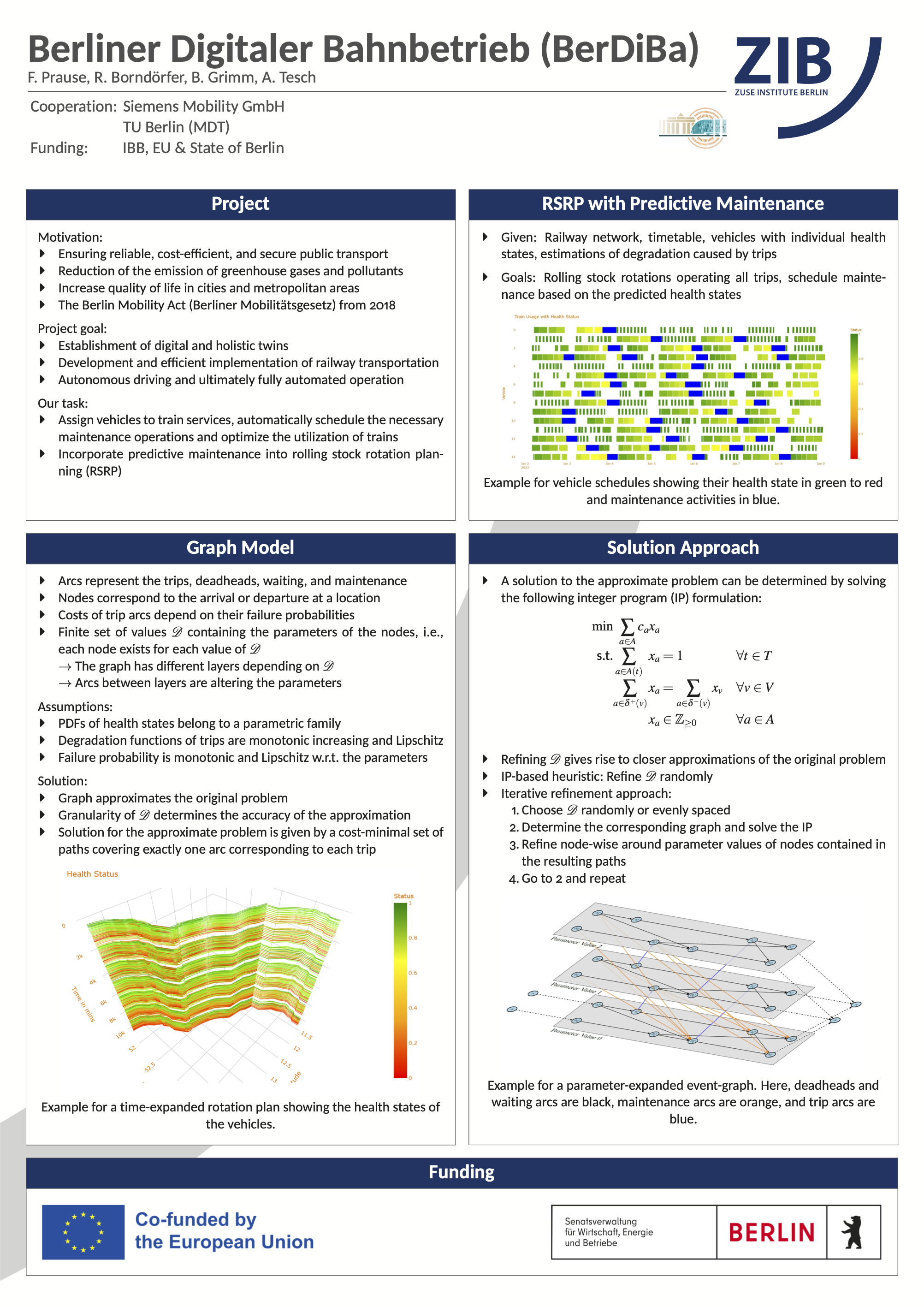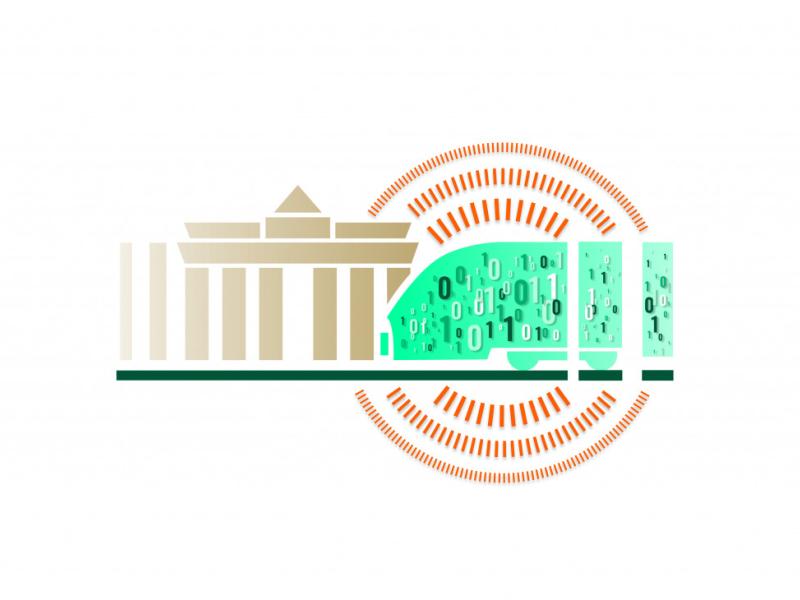A reliable, always available, fast, eco-friendly, cost-efficient, and secure public transport is essential for a high quality of life in cities as well as the development of metropolitan areas. Furthermore, public transportation gives key benefits in future urban development since it leads to a significant reduction of passenger car kilometers and thus reduces the emission of greenhouse gases and pollutants. Additionally, a reduction of the number of cars leads to a great variety of opportunities since parking lots can be replaced with recreational areas, bicycle lanes can be broadened, and the traffic situation for pedestrians and cyclists gets safer. Finally, this could further enhance living in suburban areas as the inhabitants could more easily participate in urban life, which would implicitly lead to a bigger offer of possible housing space, and even the work-life balance could benefit as employees have to spend less time commuting.
A key motivation for this project is hereby the Berlin Mobility Act (Berliner Mobilitätsgesetz) from 2018, which supports the development of public transportation. Hence, the aim of the project is to establish digital and holistic twins supporting the development and efficient implementation of the railway transportation mode. The overall goal is autonomous driving and ultimately fully automated operation, i.e., the combination of autonomous driving with automated maintenance.
The task of the ZIB within the project is the development and implementation of an algorithm for assigning vehicles to train services, automatically scheduling the necessary maintenance operations and optimizing the utilization of trains. Here, the aim is to incorporate predictive maintenance into rolling stock rotation planning and to deal with uncertainty concerning the health states of the vehicles.


